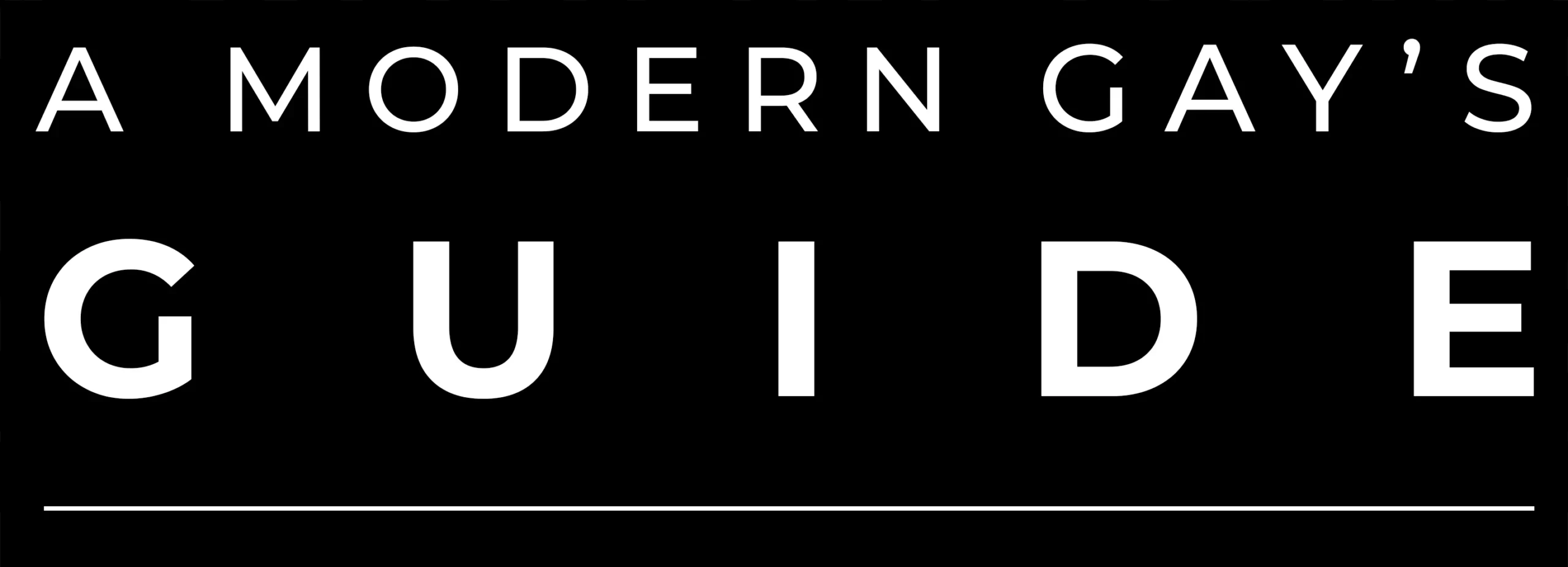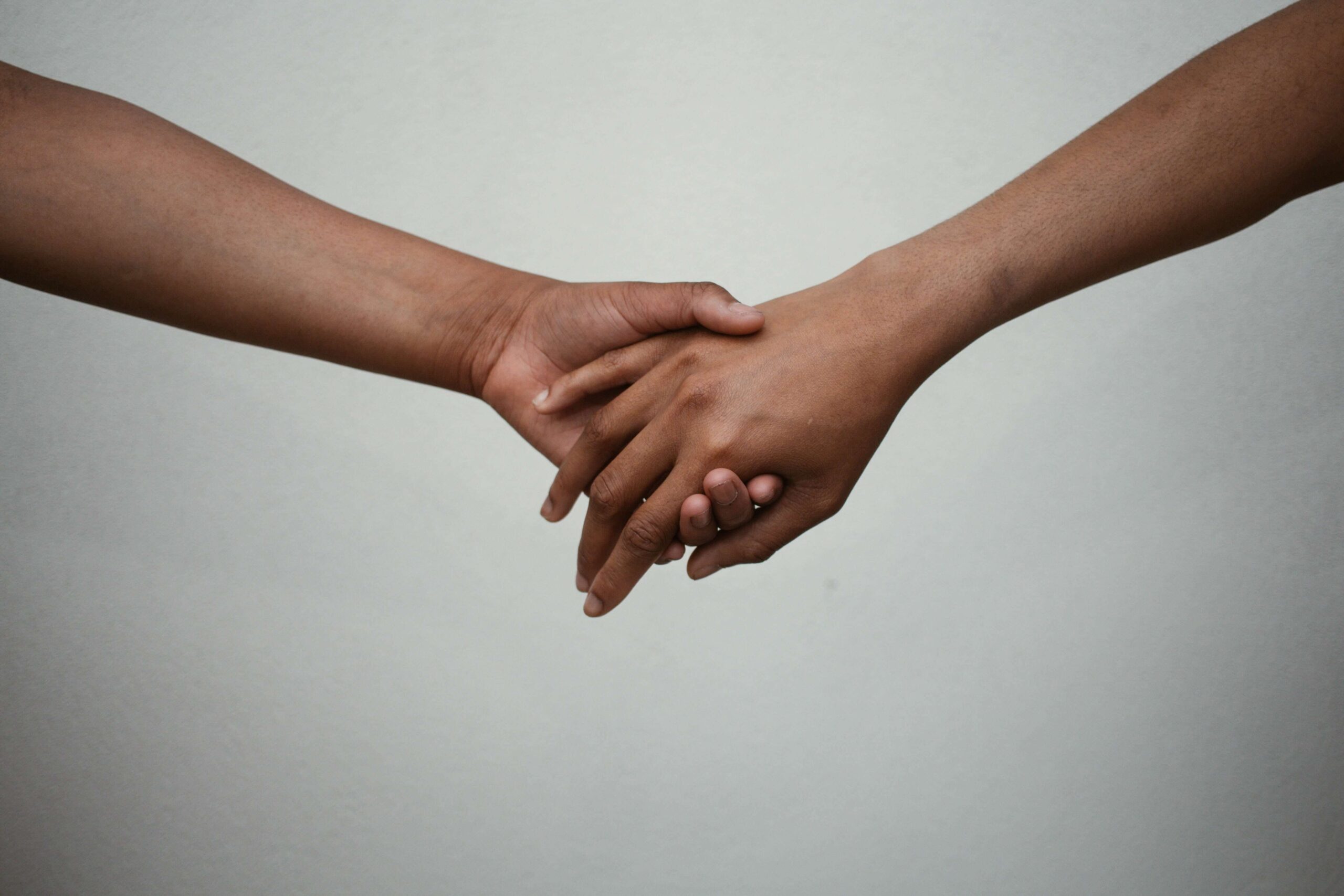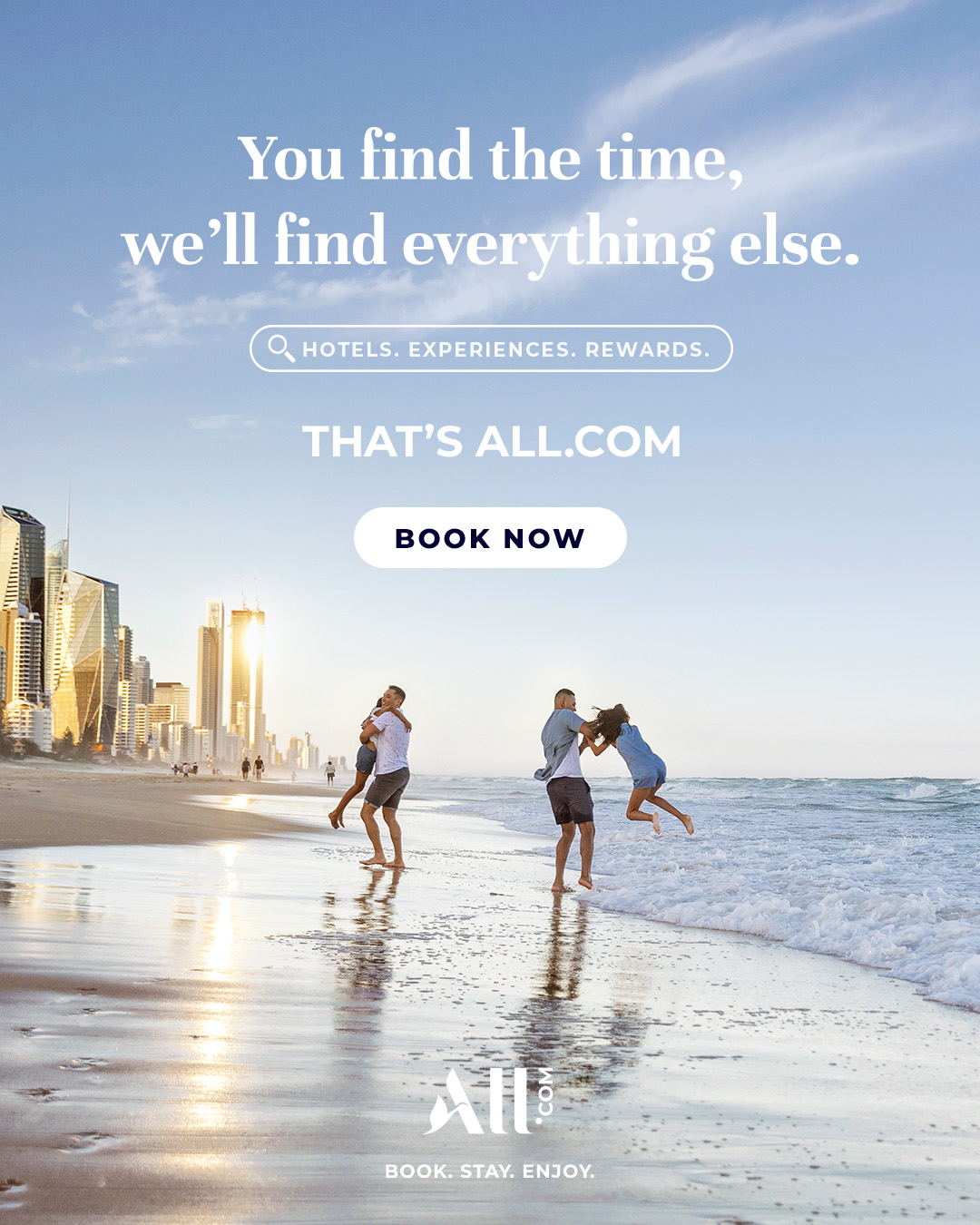Imagine this: You are sitting in a counselling office. The 55-year-old woman sitting opposite you with her notepad looks at the three of you up and down, trying to understand the dynamic with curiosity and conviction. You go on to tell her that not only you are bisexual, but you are in a polyamorous relationship with a cis-female and cis-male. She scoffs under her breath with a simultaneous eye roll and note jogging. She goes on to give you relationship advice, structured around psychological perspectives institutionalised by straight heterosexual men solely reliant on the monogamous “man and woman”, outdated social paradigm.
Welcome to counselling in the twenty-first century.
Now I don’t mean to paint all counsellors and psychologists in a negative light by any means, this was of course a subjective experience that introduced me into the counsellor/client world as part of the LGBTIQ+ community. I thought that maybe it was just a bad fit; a one off negative experience. So I went to others. Some were more open and intrigued with what roles we played in a household that’s been so socially constructed to integrate the male/ female paradigm, others thought that it was just a fling or a phase to try and spice up an already existing relationship. But the overall feeling was that there was a lack of understanding in general to really comprehend the shock or the ‘unknowing’.
Even being on my own, trying to break the stigma of what a ‘bisexual’ was, and even that has evolved so much over the past few years. But the counsellors I had seen still created solutions based on a 50/50 ratio of bisexuality, or even the structure that the cis-male in the relationship was somewhat one of the ‘primary’ figures in the relationship, and that us cis-females revolved around them like planets?!
From this experience, I wanted to know more about assistance with alternative relationship paradigms, but also the system itself, and whether there was just a lack of education for these professionals, especially for the LGBTIQ+ community.
Thus, I went on to study a Bachelor of Psychological Science and a Diploma in Counselling to first educate myself on how to help others, but ultimately to understand the system and where “we” (the community) fit in to these social conformities.
Let’s look at the education itself. We not only live in a conformed society built on these outdated constructs, but everything we know about the human mind, how we treat it, what types of therapies to use, the construct of our personality and archetypes are all based on the masculinity and femininity of one’s self. This is the hard part when trying to find counselling education around the LGTBIQ+ community.
Towards the end of a diploma in counselling, there is one module you can take to give you an “idea” of what to expect and how to approach the community in a respectful way. This is not a mandatory subject either, so you can opt to not take it.
Although some perspectives have adapted and implemented to help understand the evolution of the human mind, the therapies associated are still connected to these social contracts founded by the cis-male and cis-female archetypes.
Because the LGBTIQ+ community is evolving constantly, it’s hard for society to adapt and keep up because of the red tape and constriction of governing legislation.
Now, including alternative relationship paradigms such as poly/ open/ throuple etc. These dynamics of relationships aren’t regimented in courses or in any educational form, therefore it is up to each individual counsellor or therapist to seek information and knowledge to better understand these paradigms and provide guidance.
It is also difficult for any professional providing advice if they have not lived certain experiences, especially if you cannot learn about it. Because relationships and these paradigms are a subjective experience. Just as everyone’s gender/ identity/ sexuality isn’t exactly the same, neither is a relationship, monogamous or alternative.
Moral of the story, if you are seeking help and advice, please do not be discouraged – but do your research on the mental health provider you are going to.
THINGS TO LOOK OUT FOR:
- Do they promote themselves as LGTBQ+ friendly (meaning they have experience themselves being a part of this community, or they have had experience in working with relationships involving the community).
- Do they promote their experiences with alternative relationships?
- Look at their website/ socials/ etc. are they inclusive of the LGBTIQ+ community or alternative paradigms? (keep in mind not all 1-3 must be visible, but some indication of their own LGTBQ+ educational professional development).
- Age is often a predominant factor.
If you go to a counsellor and you feel like it isn’t the right vibe, or after your first session you feel like you weren’t validated or well understood, you have the right and ability to seek out another. Sometimes a counsellor or mental health professional that’s perfect for someone else, may not be right for you – but that doesn’t mean every experience will be the same.
There are barriers when it comes to LGBTIQ+ mental health, and it’s only due to social stigma. That’s why having these discussions and having this awareness, as well as educating everyone the best we can. Until the system can keep up, we just have to support each other and be respectful to others and their relationship paradigms.
You may have had great experiences with counsellors or mental health professionals, or you may have witnessed these gaps in education. But there ARE people to go to. There are people like me out there that are living in the same constrictive conditions of not being understood and seeking guidance.
The best part is, we write the rules. There is no right or wrong way to have a relationship or how to be. But there are counsellors and mental health professionals out there that do understand this, and aren’t influenced by their own social values/morals/ cultural ethics when providing someone else with a different perspective.
That’s the difference between a good and a not-so good counsellor. Someone who can understand the person for who they are, and help the individual interpret who they are as a person by guiding them to figure that out for themselves.
This is meant to be without judgement, and persuasion in this exploration to the counsellors’ own expectation of what a relationship ‘should’ be. Sometimes all we need is for someone to take our thoughts, issues and struggles and put them on a table, and see it all from a different point of view. The system may fail us at the moment in relation to education, so it’s up to us to have these open conversations about sexuality and alternative relationship paradigms so it becomes the new normal in society’s eyes.
We are the educators.
We write our own rules.
Written by Lilly Anjuli, Alternative Relationship Counsellor (Bachelor of Psychological Science/Diploma in Counselling)
IG: @lillyanjuli | Website: www.lillyanjuli.com.au | Email: [email protected]




